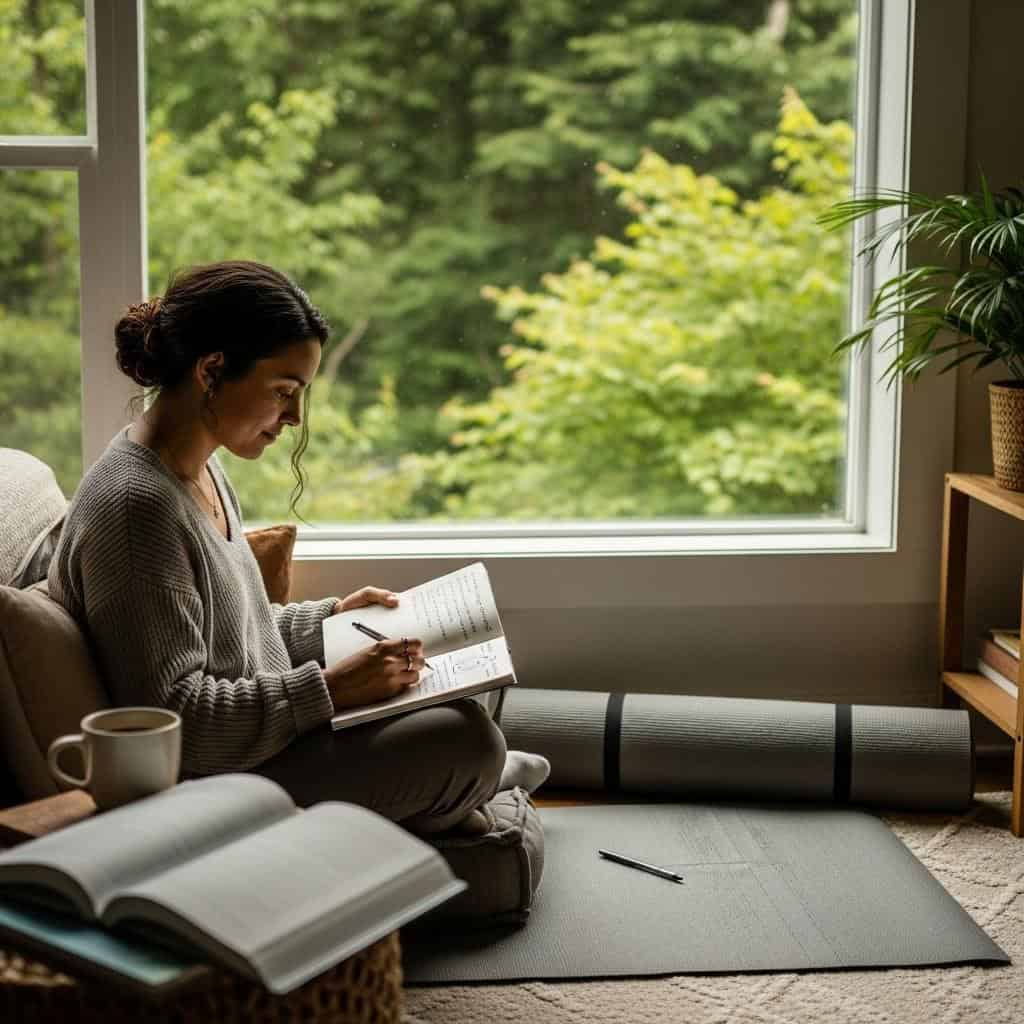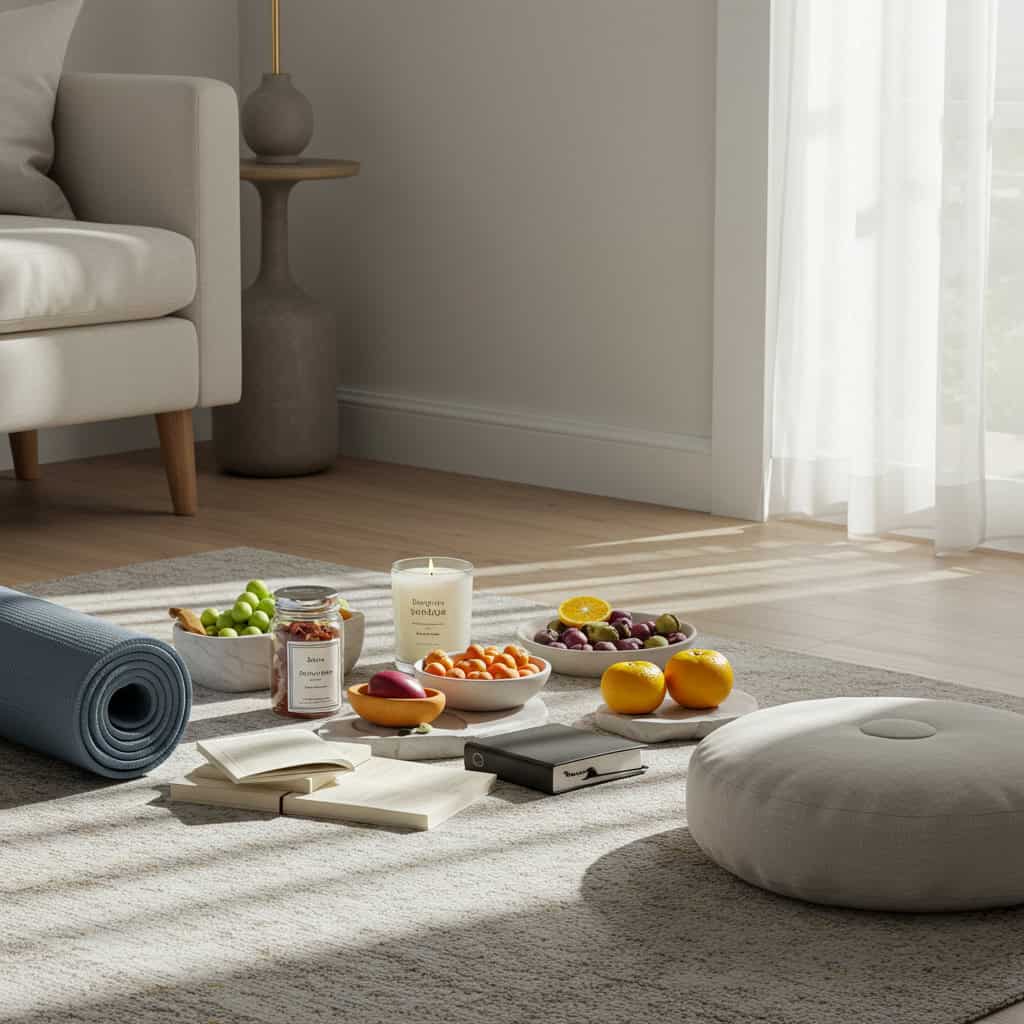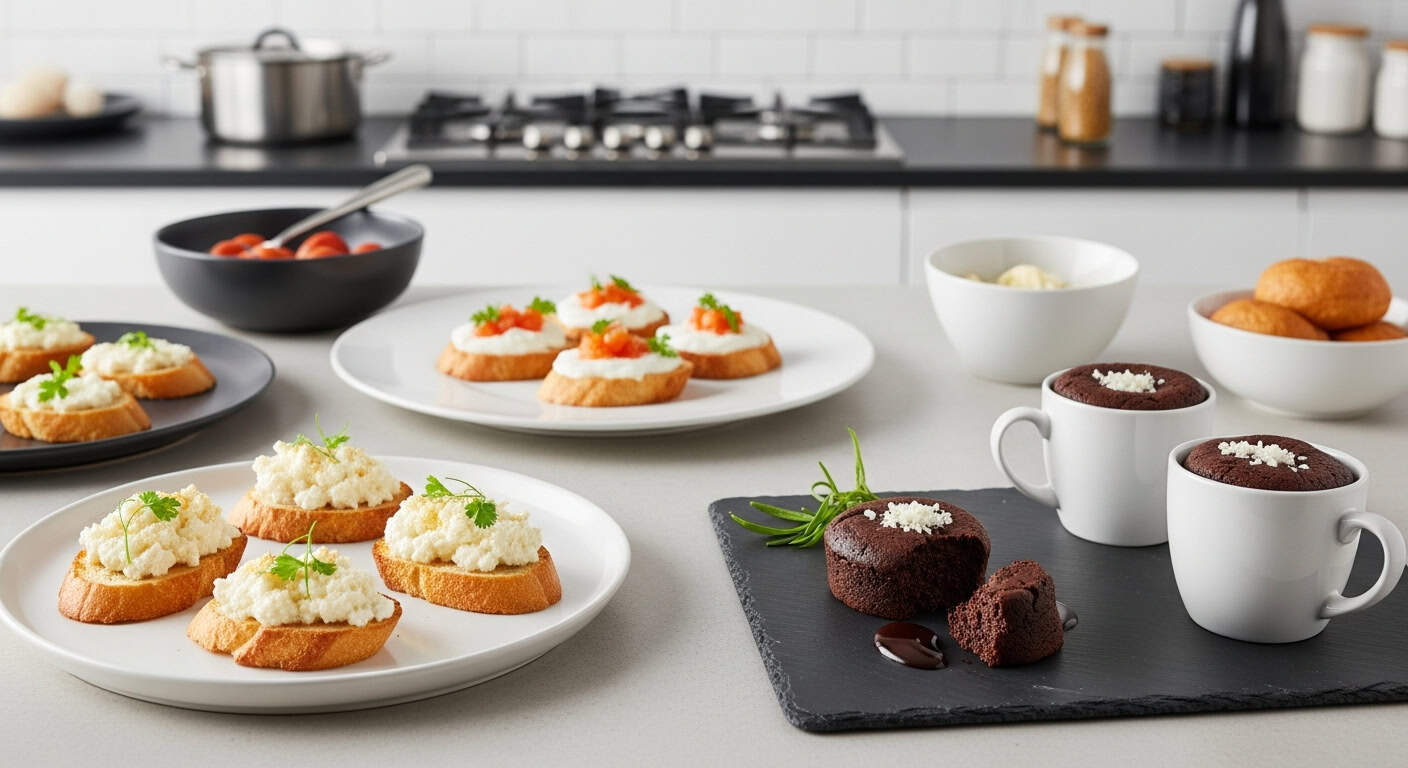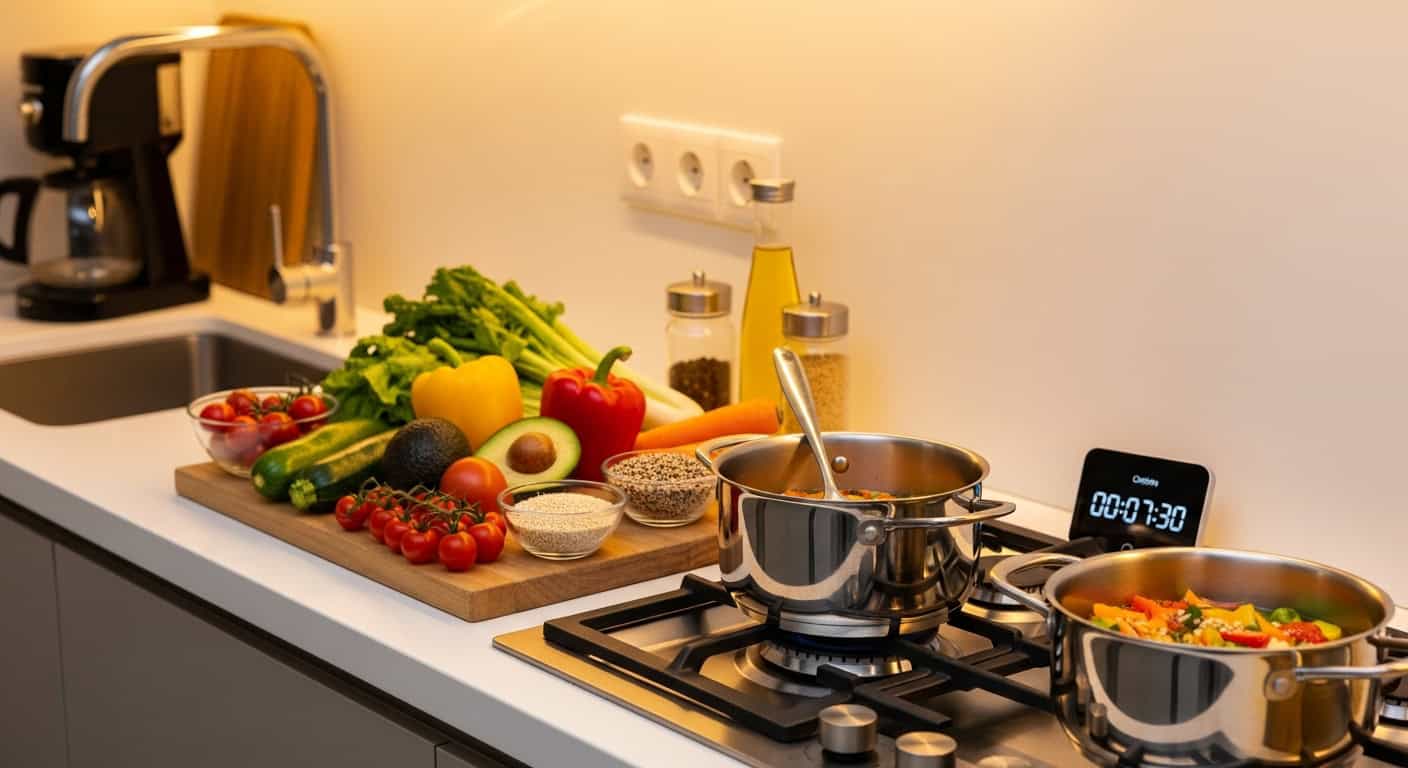How to Build a Daily Self-Care Ritual
In today’s fast-paced world, prioritizing self-care is more important than ever. Establishing a daily self-care ritual can help reduce stress, improve mental clarity, and foster emotional well-being. By dedicating intentional time each day to nurturing yourself, you’ll experience greater resilience and a deeper connection to your personal needs. In this guide, you’ll discover practical steps to create a personalized self-care routine that fits your lifestyle.
Set Your Self-Care Intentions

Begin by reflecting on what you truly need to feel balanced and fulfilled. Consider your physical, emotional, and mental well-being as you identify specific self-care goals. Setting clear intentions helps create a meaningful foundation for your daily ritual, ensuring your actions align with your personal values and priorities. Intention-setting not only provides motivation but also fosters accountability and consistency. To explore effective strategies for intention-setting, visit Mindful: Set Intentions, Not Goals.
Choose the Right Self-Care Activities

Selecting self-care activities that genuinely resonate with your lifestyle and personality is essential for building a ritual you’ll stick with. Reflect on what brings you joy, relaxation, and a sense of accomplishment—whether it’s yoga, journaling, reading, or spending time in nature. Tailor your choices to support your wellness goals, making sure they feel enjoyable rather than like another obligation. Remember, self-care is highly personal and may look different for everyone. For inspiration and ideas, explore Healthline’s Self-Care Tips.
Schedule Your Ritual

Consistency is key to forming a lasting self-care habit. Identify a time of day—morning, midday, or evening—when you can dedicate uninterrupted moments to yourself. Block out this time in your calendar as you would any important appointment. Address obstacles such as busy schedules or unexpected interruptions by starting small and staying flexible. Even just ten minutes can make a difference. Committing to a regular schedule helps reinforce the importance of self-care in your daily life. For more tips on building consistent routines, visit James Clear’s Habit Guide.
Create a Calming Environment

Setting up a peaceful space can greatly enhance your self-care ritual. Start by decluttering your chosen area to eliminate distractions and promote calm. Incorporate elements like soothing scents from essential oils or candles, soft lighting, and comfortable seating. Playing gentle music or nature sounds can also help you transition into a more relaxed state. Your environment should feel like a sanctuary, supporting both relaxation and focus. For more ideas on crafting a serene atmosphere, explore Martha Stewart’s guide to creating a calming space.
Practice Mindful Engagement

Being fully present during your self-care ritual transforms ordinary activities into deeply restorative experiences. Employ mindfulness techniques such as focusing on your breath, observing your thoughts without judgment, and paying close attention to physical sensations. Deep breathing can calm your nervous system, while sensory awareness—like noticing the warmth of a mug or the sound of gentle music—enhances relaxation. Practicing mindfulness encourages you to savor each moment and maximize the benefits of self-care. To learn more about mindfulness practices, visit Mindful: Getting Started with Mindfulness.
Track and Reflect on Your Progress

Monitoring your self-care habits helps you stay accountable and recognize positive changes over time. Use a journal or a habit-tracking app to record your daily activities and note how you feel before and after each ritual. Reflecting on these entries allows you to identify what’s working, celebrate progress, and adjust your routine as needed for ongoing improvement. Regular reflection ensures that your self-care practice remains aligned with your evolving needs. For helpful tools and tips on tracking habits, visit Verywell Mind’s Best Habit Tracking Apps.
Adjust and Personalize Your Ritual

As your life and needs evolve, so should your self-care ritual. Regularly reassess what feels meaningful and effective, making changes to activities, timing, or environment as needed. Personalization ensures your ritual continues to serve you, whether you’re experiencing increased stress, new responsibilities, or shifting interests. Flexibility is key to long-term sustainability, allowing you to maintain a practice that supports your well-being through every stage of life. For more advice on adapting wellness routines, visit Psychology Today: Adapt Your Self-Care Routine.
Conclusion

Building a daily self-care ritual involves intention-setting, choosing supportive activities, scheduling time, creating a calming environment, practicing mindfulness, tracking progress, and making ongoing adjustments. By following these steps, you empower yourself to prioritize well-being and resilience amid life’s demands. Remember, self-care is a continual journey that evolves with you. Start small, stay consistent, and allow your ritual to grow as your needs change.






